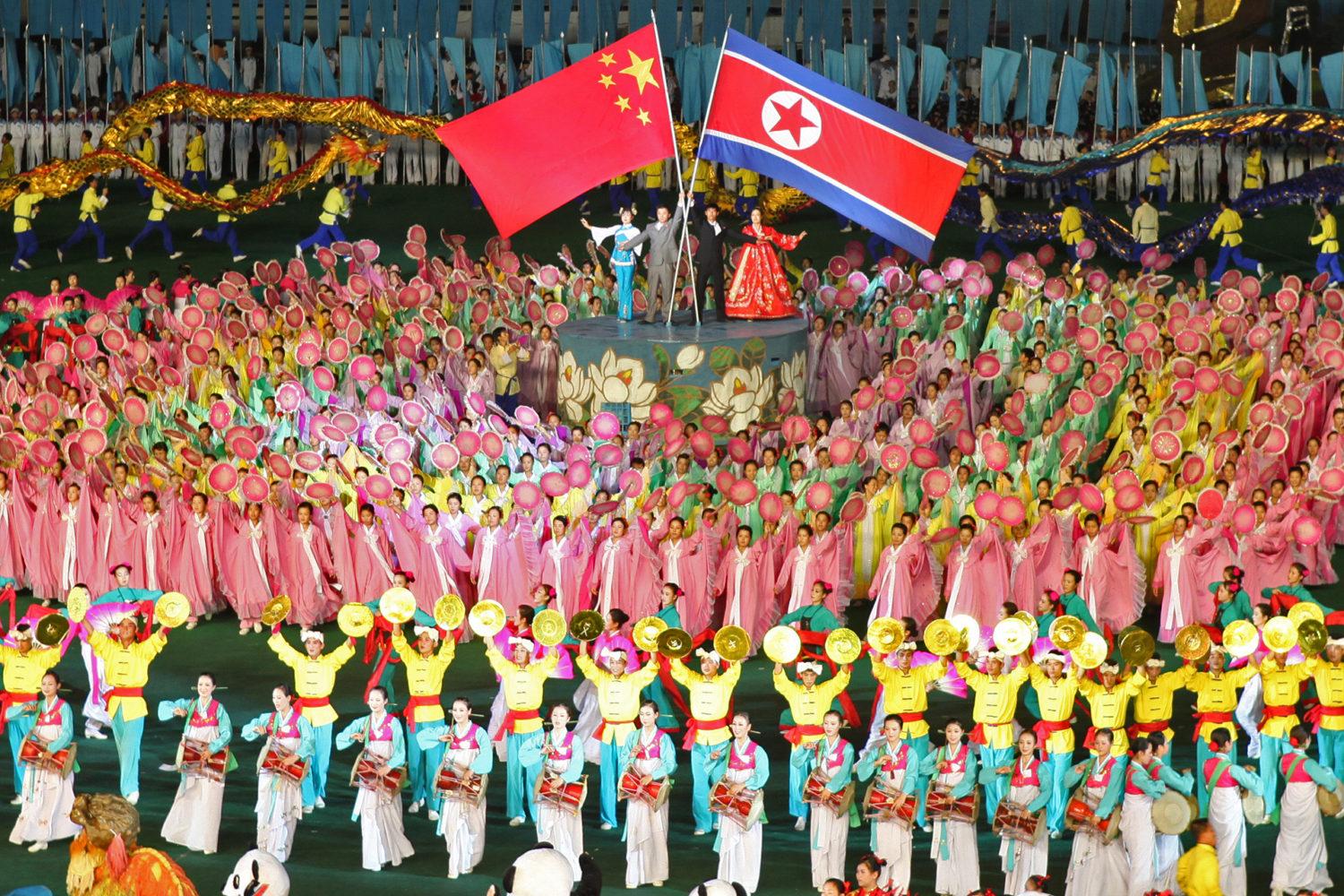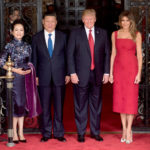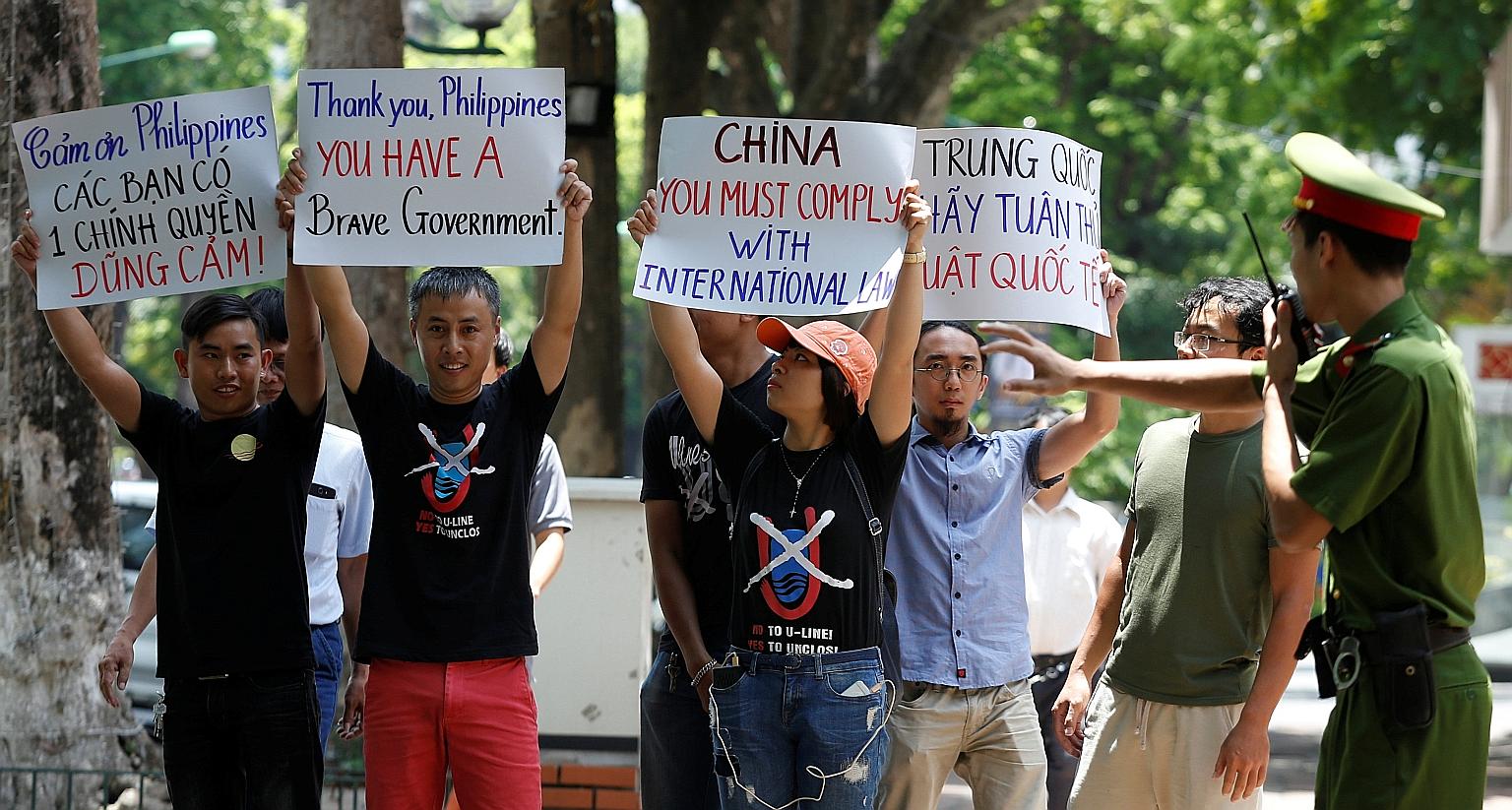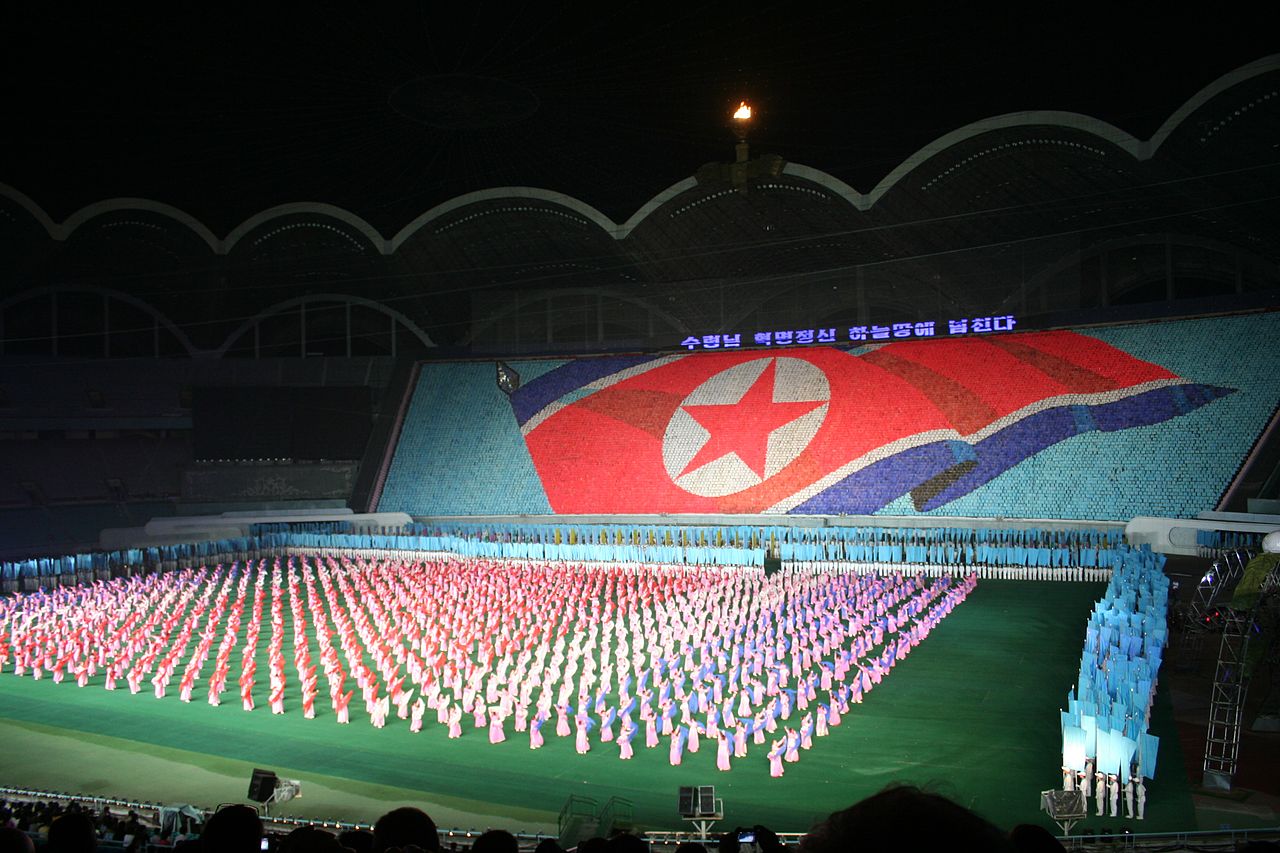Nuclear weapons expert and founder of the Institute for Science and International Security (ISIS), David Albright, recently published a damaging report about Shenyang Machine Tools Company. The large Chinese company, which builds military aircraft among other commercial products, allegedly supplied North Korea with banned technology used in its nuclear and missile programs. The report points to a larger pattern of horizontal proliferation to North Korea through China, and implicates the Chinese government in its unwillingness to investigate or fault its companies when caught.
China’s go-to response is to claim faultless ignorance on behalf of the company and demand high, or perhaps impossible, levels of proof of intentional proliferation. It is a claim that increasingly rings false with each new time it is used – as seen here, here and here. The Chinese government is not happy about the situation either, but it seems more interested in protecting Chinese companies than in stopping proliferation to North Korea.
But, with recent signs that China may be ready to change its North Korea policy, such as allowing public criticism and debate about their relationship, or stopping coal imports, the question today is whether China will significantly alter its trade relationship.
China constitutes 91% of North Korea’s entire trade; in effect, it is the regime’s lifeblood and the reason why global sanctions have not completely crippled the country. Not only is the dilemma one of policy and political aims, but also of whether their deep trade ties can be effectively curbed by the state.
According to David Albright’s report, Shenyang manufactures sophisticated machinery using subcomponents from Western suppliers, who expressly restrict the trade of their components to North Korea. It appears that 6-axis machine tools – goods listed on the Nuclear Suppliers Group (NSG) and Missile Technology Control Regime (MTCR) – were sent to North Korea in 2015. It also appears that it was not an inadvertent trade by rogue North Korean workers at Shenyang, but that the company knew the end-user.
This reports comes in the wake of two rounds of US sanctions this year – one in February and one in March – against Chinese individuals and companies for trading nuclear or missile technology and materials to North Korea. China was obviously not pleased and admonished the US for what it calls unilateral sanctions.
In early March, the US and Chinese telecom giant ZTE came to a settlement agreement of US$1.19b in fines for selling US products to North Korea, and similarly restricted US products to Iran. Now the US is investigating another telecom giant, Huawei, who was implicated during investigations into ZTE’s 283 shipments of US microprocessors, servers and routers to Pyongyang.
Unlike the sanctions, these actions have not elicited a particularly strong reproach from China, demonstrating the country’s willingness to accede that there is a problem that must be addressed.
While the US is becoming more forceful in cracking down on sanctions violations, China seems to be still trying to figure out where it stands. Drumpf’s administration has quickly demonstrated its willingness to get tough. With particularly strongly language, Commerce Secretary Wilbur L. Ross said, “We are putting the world on notice: The games are over. Those who flout our economic sanctions and export control laws will not go unpunished — they will suffer the harshest of consequences.”
Recent US actions are in line with the Obama administration’s shifting tone in late 2016, when it sanctioned Chinese companies, placed them on blacklists, froze 25 bank accounts and slapped individuals with criminal charges.
China’s positions on both sanctions evaders and on its relation with North Korea in general have become increasingly unclear. Though China typically defends its companies, blocks investigations, and is dismissive of sanctions – it can also be accepting of punishments like with ZTE or supportive of sanctions. In November of 2016, it also voted to impose tougher sanctions on North Korea in the UN Security Council.
China also reduced its coal imports from North Korea by 51.6% in the first quarter of this year, which is the rogue country’s number one hard-currency earner and has been a major concern for the US and Western countries. They have stopped importing any coal since February 19th and have even sent ships of coal back to North Korea – which Drumpf has repeatedly taken credit for.
But again, the picture is not so clear. While China’s change to its coal import policy is a positive sign, it has actually increased its overall trade with North Korea by 34.7% in the first quarter of the year. Despite its vote in the UN resolution to cut North Korean export income by 25%, China actually increased its North Korean imports by 54% this year.
Perhaps it is China’s plan to have more leveraging power over North Korea. Perhaps China actually disagrees with sanctions on a humanitarian or tactical level. Perhaps China fears regime collapse would be imminent if trade ceased. However it is, China does not look like it is planning to restrict trade. The messaging is as unclear as China’s long-run game plan.
China seems to be in the throes of a major dilemma. Can it and should it stop non-nuclear trade in order to stop nuclear proliferation? Can China effectively crackdown on Chinese companies or disguised North Korean companies from trading forbidden nuclear and missile technology – or are the countries’ too intertwined?
The United States’ new North Korea strategy of ‘maximum-pressure’ but no ‘regime change’ was really just a continuation of Obama’s strategy. The Unites States squandered an opportunity to truly rethink its stance and make a much-needed change – obviously the previous approach has not stopped North Korea’ nuclear program. But China still has an opportunity to do so.
Whether it is really giving sanctions a chance to pressure North Korea, and reducing all forms of Chinese trade, or it is becoming a tough and smart enforcer of narrow nuclear technology sanctions, it is apparent that China has choices. They, however, have to actually make them, and stick to them. This would have the added benefit of improving the effectiveness of other countries’ North Korea policies.
A united front on North Korea represents the greatest chance for a positive outcome, one that is urgently needed given the unpredictable provocations of the Trump administration and Pyongyang’s acceleration of its nuclear and missile programs over the last two years.
- MY City – The Planet - January 23, 2018
- 70 Years of Two Koreas: The ’47 UN Vote For Elections - January 16, 2018
- Trade or No Trade: China’s DPRK Dilemma - June 5, 2017






